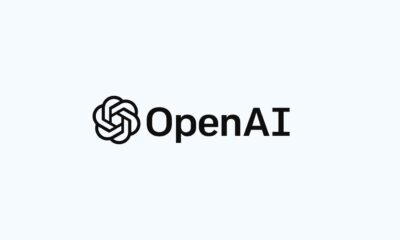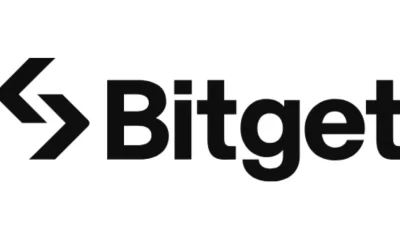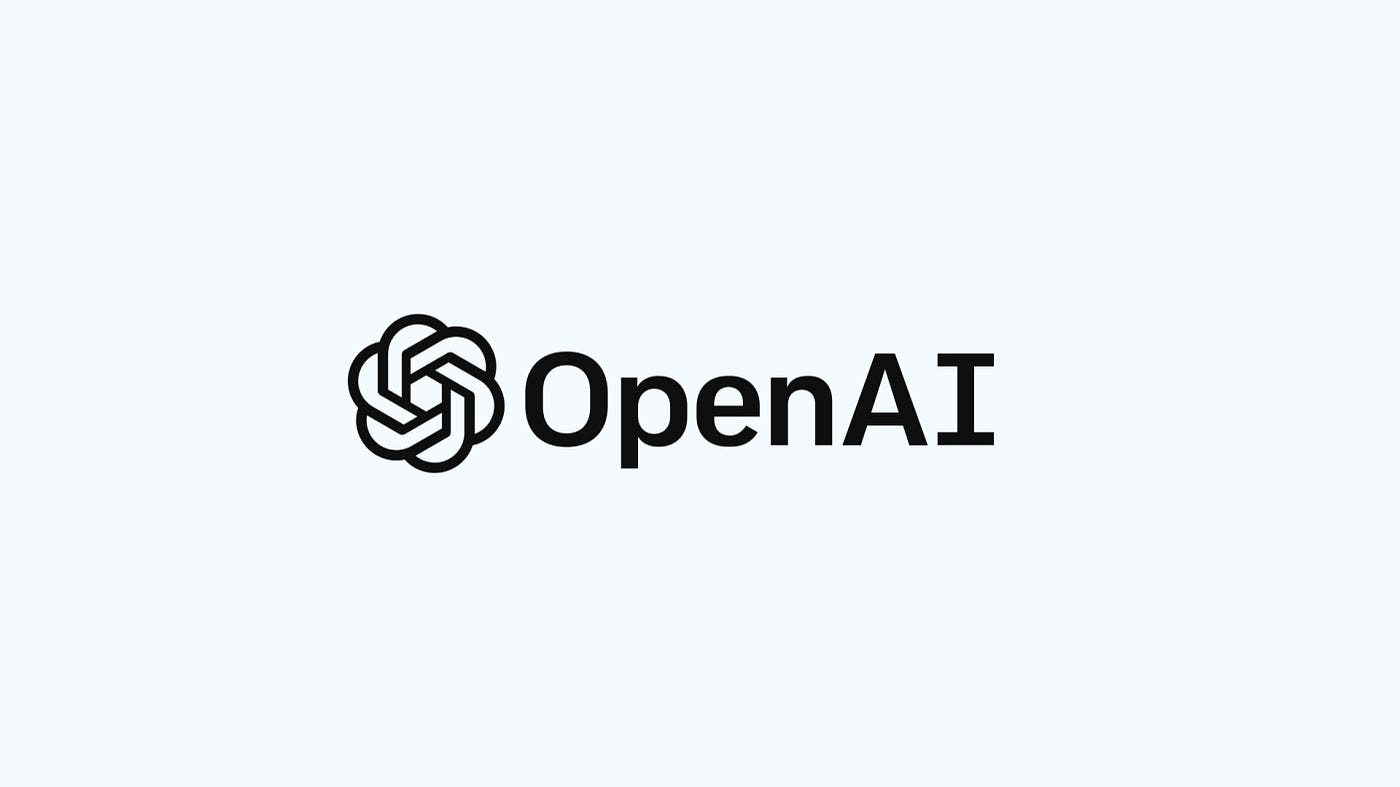Business
Vitalik Buterin proposes swapping EVM language for RISC-V
-

 Business6 days ago
Business6 days agoOnly 11% of El Salvador’s registered Bitcoin firms operational
-

 Business4 days ago
Business4 days agoBinance helps countries with Bitcoin reserves, crypto policies, says CEO
-

 Business6 days ago
Business6 days agoBrazil’s Meliuz floats to boost Bitcoin buying strategy
-

 Business6 days ago
Business6 days agoHacker mints $5M in ZK tokens after compromising ZKsync admin account
-

 Business6 days ago
Business6 days agoPump.Fun’s PumpSwap DEX processed $2.5B of trades last week, up 40%
-

 Business6 days ago
Business6 days agoBinance, KuCoin, MEXC report service issues due to AWS network interruption
-

 Business6 days ago
Business6 days agoUK lawmaker’s X account hacked to boost scam ‘House of Commons Coin’
-

 Business4 days ago
Business4 days agoRipple acquisition Hidden Road secures FINRA registration

























